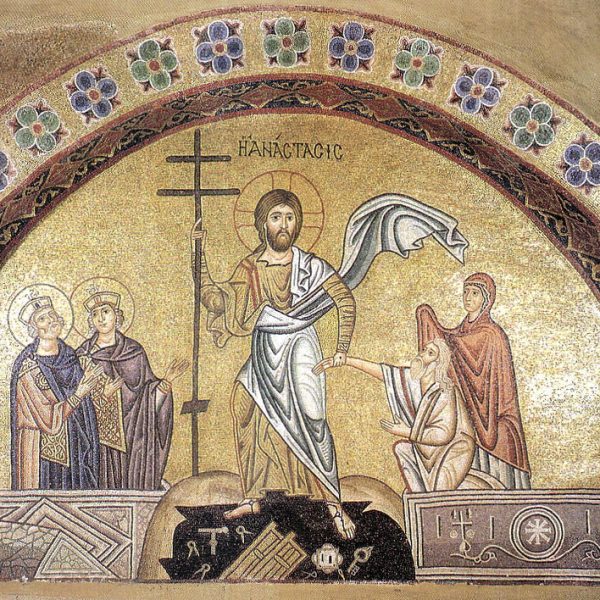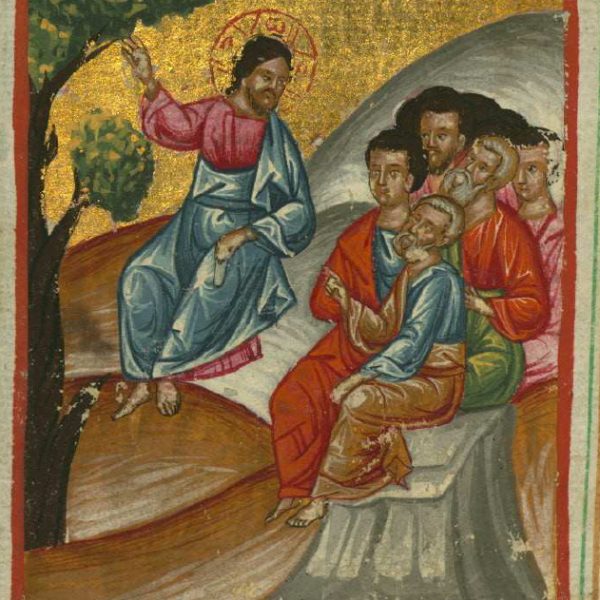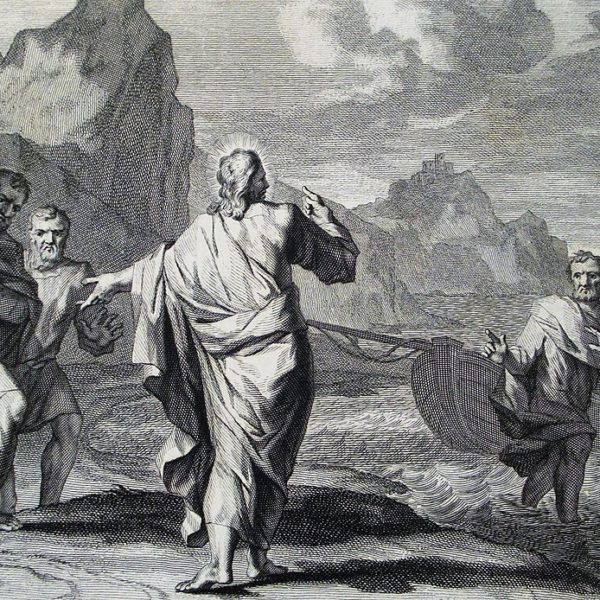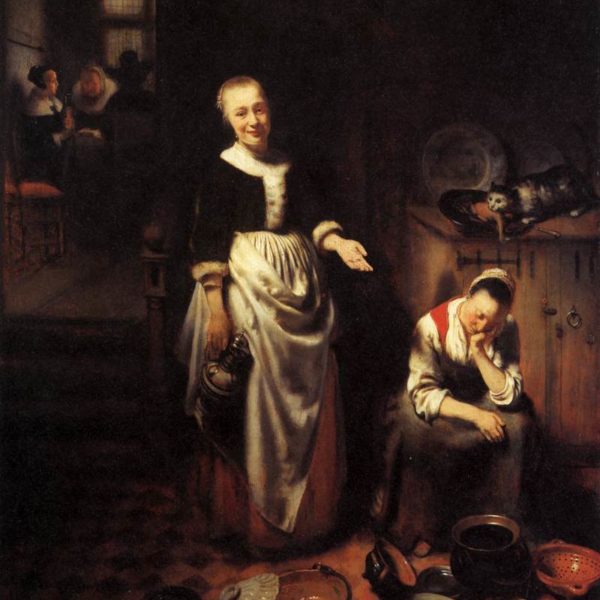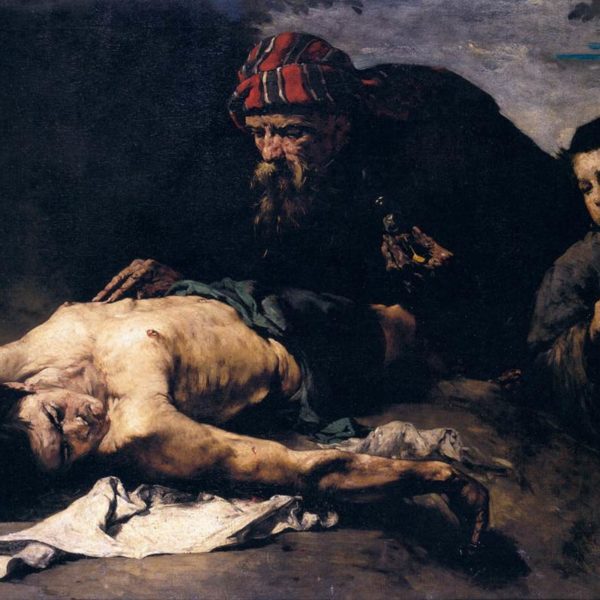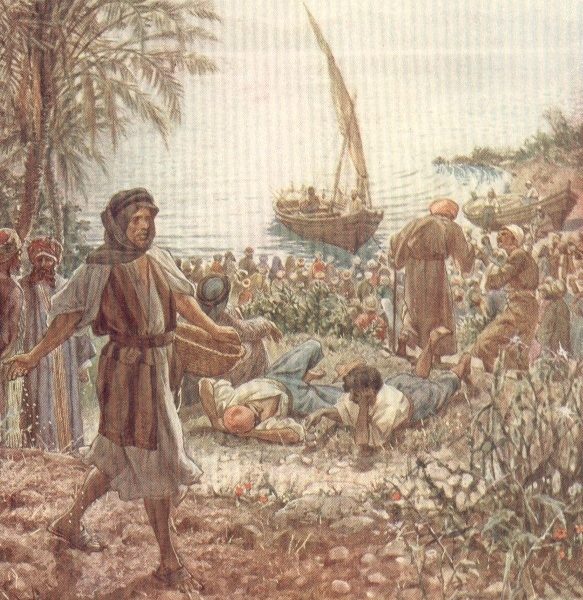
The power of state in both Greco-Roman times as well as today hinges upon a hierarchal power structure. Jesus, however, calls us to compassion in a horizontal social structure.

Christ is the Lord of the storm. We can leave fear behind and cross over to the other shore.
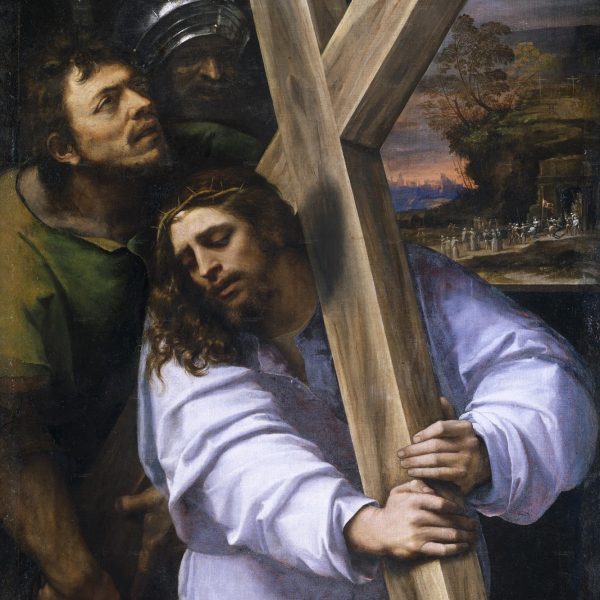
It is the crucified Christ who sends us out to his sisters and brothers who are being crucified by the powers-that-be every day. Are we willing to do what Jesus requires and die in the process? Or will we deny Jesus in order to save ourselves?
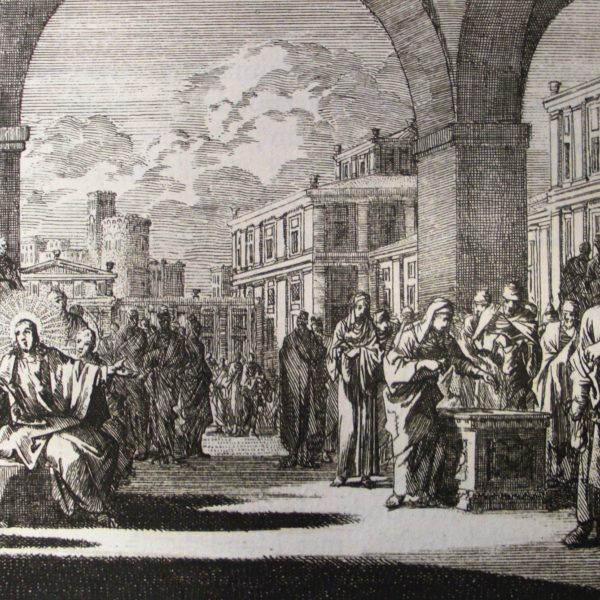
Often misread as a statement in praise of ‘sacrificial’ giving, Jesus’ observation concerning the widow’s offering at the temple is designed to condemn exploitative structures that prey upon the most vulnerable. We should not be able to read this account without reflecting upon comparable systems of economic injustice in our own day.

